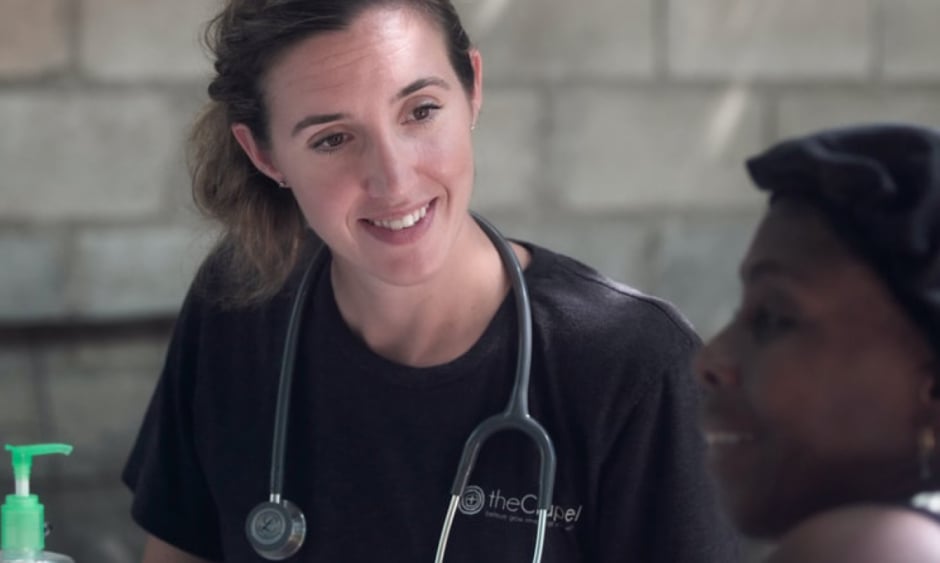SIGNIFICANT changes in cancer care are occurring and expected to continue for the duration of the COVID-19 pandemic, a message delivered in a recently published commentary in JAMA by three oncologists spanning treatment centres in North Carolina, Boston, and New York.
The oncologists in question categorised the types of change into four distinct groups. The first type of change describes the rapid transitioning of treatment that is not time sensitive to remote visits, including visits for survivorship care or surveillance, as well as for patients deemed low risk receiving oral or hormonal chemotherapy.
The second category denotes the delaying, or even omitting, of certain treatments to patients if they either cannot be delivered remotely or are expected to confer only a marginal benefit on quality of life or survival. “When clinical trial data demonstrate that the incremental survival benefit of this therapy is limited, then omission or delay is appropriate given the balance of potential benefit of treatment versus the risk if the patient becomes infected with SARS-CoV-2,” explained the authors. Acknowledging that some patients will elect to undergo treatment with the intention of marginal benefits, the authors none-the-less emphasise that the risk of immunosuppressed individuals being exposed to COVID-19 at healthcare facilities outweighs these benefits.
The third category of cancer care affected includes instances in which delay of care has a moderate clinically important adverse effect on quality of life or survival. The authors used mantle cell lymphoma as an example, for which randomised trial evidence eludes that 3 years maintenance of rituximab after autologous transplant improves survival by 9%. “Although treatment omission increases the chance of relapse, some oncologists are omitting or delaying this treatment.”
The final category includes situations in which treatment cannot be safely delayed, applying to diseases more lethal than COVID-19. In these instances, the treating clinician must assess at what point the patient must be treated, be it in the preparatory, acute, or crisis phase of the outbreak.
The authors mused that it is equally important to appraise which changes in cancer care are worth maintaining following the pandemic, as well as the effects of COVID-19 on cancer mortality.








